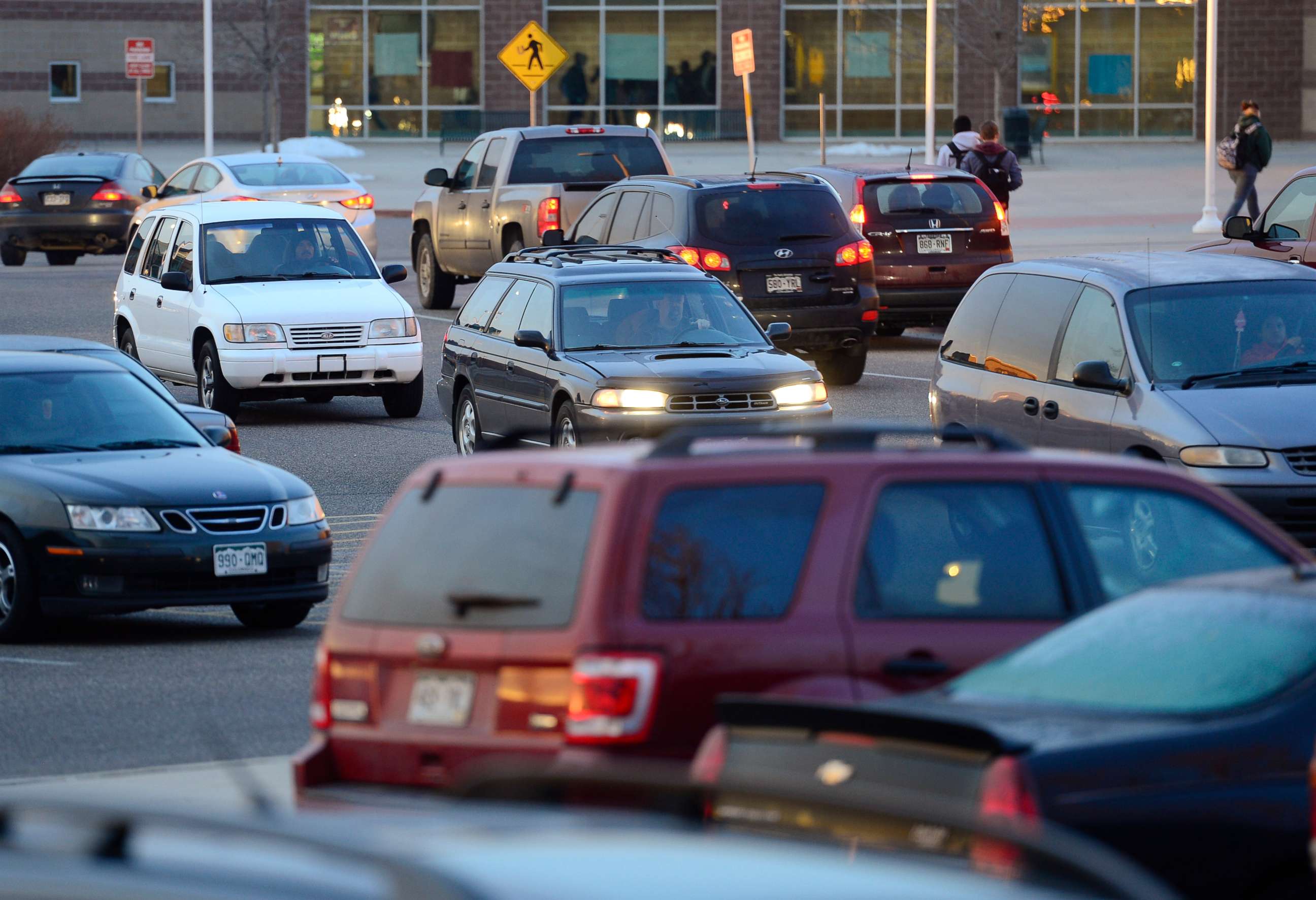New study finds association between later school start times and decrease in teen-related car crashes
The study analyzed car accidents in teens in Fairfax County for two years.
One recent study may serve as a good excuse for tired teens to hit the snooze alarm button a few more times.

The study published in the Journal of Clinical Sleep Medicine examined the association between delayed school start times and the number of car crashes involving teen drivers.
Overall, researchers found that a later start to school was associated with decreased crash risks among drivers 16 to 18 years old with significant implications for public health and safety.
The data was conducted among adolescents in Fairfax County, Virginia, for two school years before and after the implementation of later school start times.

"Results showed that the crash rate in 16-to-18-year-old licensed drivers decreased significantly from 31.63 to 29.59 accidents per 1,000 drivers after the delayed start time," the American Academy of Sleep Medicine explained. "In contrast, the teen crash rate remained steady throughout the rest of the state."
Dr. Judith Owens, MPH, professor of neurology at Harvard Medical School and director of sleep medicine at Boston Children’s Hospital, the senior author of the study, said that "accidental injuries including motor vehicle crashes are the number one cause of deaths of adolescents in the U.S., and anything we can do to mitigate that risk should be considered."
"We know from independent data sources that after a change in school start times students get more sleep, which leads to multiple benefits, not just for individuals but also in terms of huge economic implications," Owens explained.
Among teens who get less sleep, she said those drivers are more likely to make bad decisions behind the wheel, which could include distracted driving or not wearing their seatbelt.
In light of the findings, the American Academy of Sleep Medicine said it supports later start times for middle and high schools "to promote teen health, safety and academic performance."
"The AASM’s school start time position statement is based on scientific evidence that teenagers experience changes to their internal circadian rhythms and biological sleep drive that result in later sleep and wake times," the organization said.




